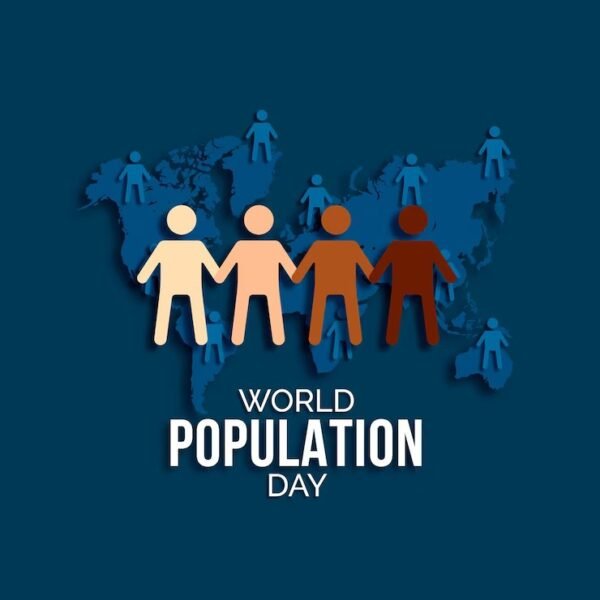The obesity epidemic stands as a formidable challenge in today’s world, affecting populations across the globe. Its origins are manifold, stemming from a combination of genetic predispositions, environmental influences, and societal norms. At its core, the obesity crisis reflects a mismatch between our biology and the modern environment. Our bodies are evolutionarily adapted to conserve energy, yet we live in an environment characterized by abundant, high-calorie foods and sedentary lifestyles. This disparity sets the stage for weight gain and associated health complications. Addressing the obesity epidemic requires a multifaceted approach that engages stakeholders at various levels. Individuals must be empowered with knowledge about nutrition, physical activity, and the consequences of obesity. Communities can play a vital role in creating supportive environments that make healthy choices easier, from implementing bike lanes and pedestrian-friendly infrastructure to establishing community gardens and farmers’ markets. Furthermore, policymakers have a responsibility to enact legislation and policies that promote public health, such as regulating the marketing of unhealthy foods and beverages to children, implementing taxes on sugary drinks, and incentivizing companies to produce healthier products. Collaboration among these stakeholders is key to success. By working together, we can create a culture of health that supports individuals in making healthier choices and ultimately mitigates the impact of the obesity epidemic on society.
Recently Added Bricks









































